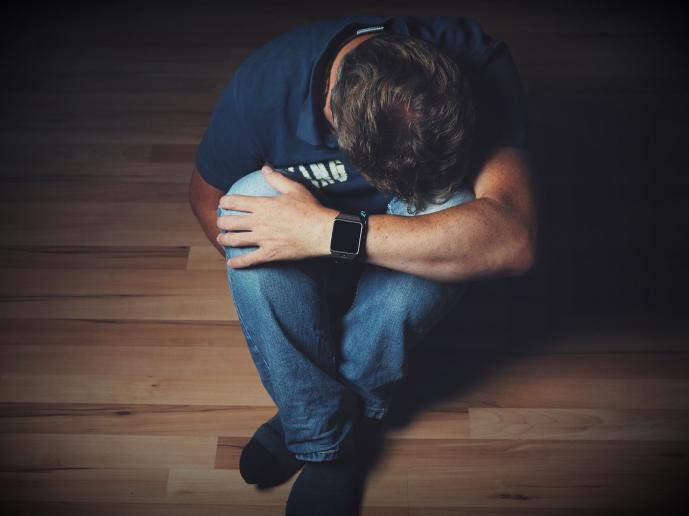About Situational Depression And How It’s Treated
November 10, 2021 | Posted In Home

One of the main reasons people drink or abuse drugs and acquire an addiction is due to situational depression. While there are multiple types of depression, situational depression involves a reaction to events and situations around you. Situational depression is a common occurrence, with people finding drinking and drug abuse as a coping mechanism for it.
Common symptoms of situational depression include:
- Sadness and hopelessness
- Anxiety and fear
- Lack of sleep or trouble sleeping
- Loss of appetite
- Lack of focus and concentration
- Reduced interest in social activities
- Suicidal tendencies
- Increased need to use drugs and alcohol
Situational depression often happens and develops during stages in life where you undergo major changes, such as teen years, young adulthood, and middle age. Though situational depression can happen from any significant event in someone’s life. It can also happen to people who’ve dealt with similar trouble in the past.
How Does Situational Depression Differ From Stress?
People can experience stress when they are experiencing problems or critical life changes.
Such changes may include:
- Trouble with performance at work or school
- Trouble with a loved one
- Sickness or dealing with injury
- A deceased loved one
- Moving to a new home or location
- Being pregnant or taking care of a baby
- Traumatic experiences
- Financial problems
- Getting involved in an auto accident
- A natural disaster
Stress is something that people deal with on a constant basis, and it’s something that we all overcome, but something can happen in which the stress can be overwhelming in which they don’t go away after weeks or even months. So in this case, people can resort to drinking or recreational drugs to cope.
Technically, situational depression occurs after a person experiences more stress than normal following a pivotal, usually negative life event. Unless your depression symptoms don’t stem from an unrelated psychological disorder, this stress develops into situational depression.
Where Does Situational Depression Typically Come From?
Events in your life and prior experiences may have shaped how you typically handle stress. If you’ve had traumatic experiences or a deal of stress during childhood, you are more likely to develop situational depression. You are also likely to experience situational depression by dealing with multiple major problems at once, such as your loved one and financial provider passing away with no clear solutions for taking care of the family.
Three more minor ways that situational depression can develop is through genetics, hormonal defects, and changes within the chemistry of your brain. If a family member has gone through situational depression in the past, you are likely to also get it when something significant happens to you.
How To Treat Situational Depression
If you find it too difficult to deal with your depression symptoms and it’s hard to take care of yourself and your family, you should seek professional help. Consider recovery homes if you are also dealing with drugs or alcohol as a way to cope. Professional treatment can work to relieve your nervous system of stress and calm it down so that you can feel normal.
Seeking therapy and learning traditional coping skills can decrease the chances of getting situational depression again in the future. One popular type of therapy for this depression is cognitive-behavioral therapy, as it helps with self-awareness and teaches you stress-management skills.
Summary
Situational depression is what occurs following a negative moment in a person’s life. This can often lead to a dependency for drugs or alcohol. Fortunately, there are many ways in which this depression can be reduced or eliminated entirely, especially from therapy and sober living.